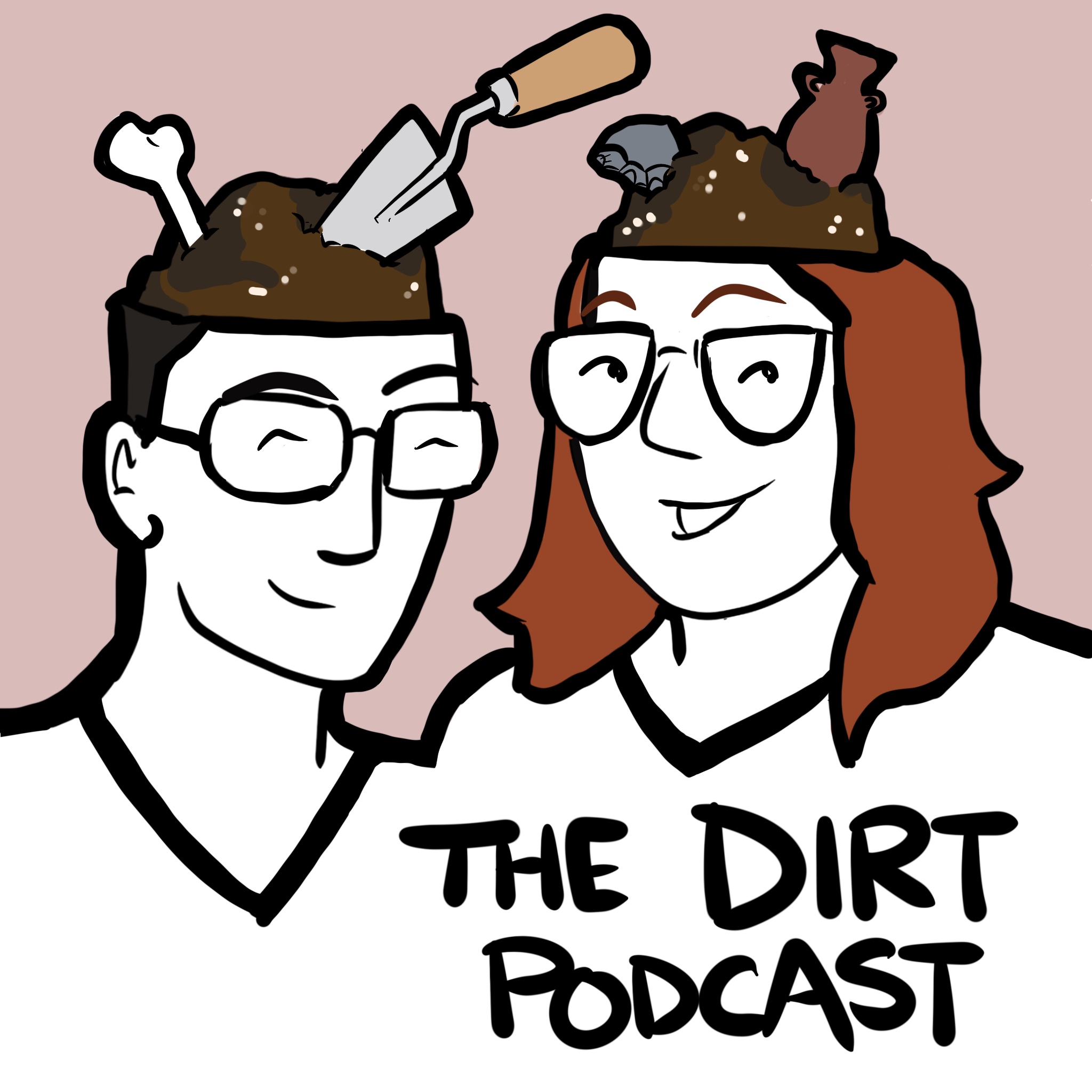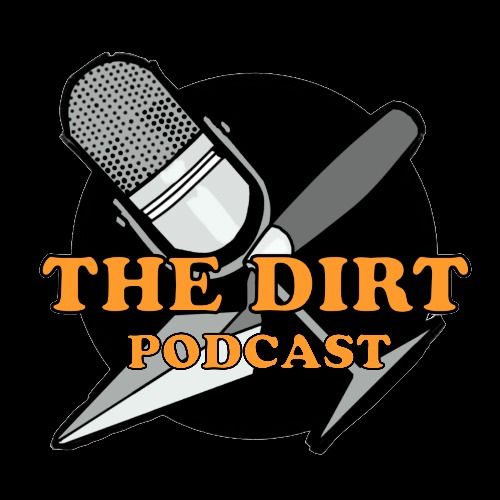Episode 162
Kyle Jordan - Ep 162
Anna and Amber are joined by wonderful Special Guest, Kyle Jordan! Kyle is a disabled Egyptologist interested in themes of religion, magic and identity in the Egyptian world, with a specific focus on the appearance and interpretation of disability in Ancient Egypt and Egyptology as a discipline. We had a wonderful-- and long-- conversation with Kyle about how Egyptians viewed the embodiment of disability, how perception of disability in archaeology has changed (and how it still needs to change), and more.
Listener note, we mistakenly discuss the dialogue of a man and his ka, which was in fact between a man and his ba. This dialogue is on the subject of suicidal ideation, so please take care or skip forward at about [41:04.000].
Links
- Follow Kyle on Twitter!
- "Disability in Ancient Egypt - the Case of Geheset" (via YouTube)
- "Disability in Ancient Egyptian Myth and Literature" (via YouTube)
- Let That Be Your Last Battlefield: Tutankhamun and Disability (via Semantic Scholar)
- Dialogue of a Man with His Soul (Ethics of Suicide Digital Archive) (cn discussion of suicidal ideation)
- Fragments of an Anarchist Anthropology
- Westcar Papyrus: Khufu and the Magician (Ancient Egypt Online)
- Human History Gets a Rewrite (The Atlantic)
Contact
- Email the Dirt Podcast: thedirtpodcast@gmail.com
ArchPodNet
- APN Website: https://www.archpodnet.com
- APN on Facebook: https://www.facebook.com/archpodnet
- APN on Twitter: https://www.twitter.com/archpodnet
- APN on Instagram: https://www.instagram.com/archpodnet
- Tee Public Store
Affiliates

